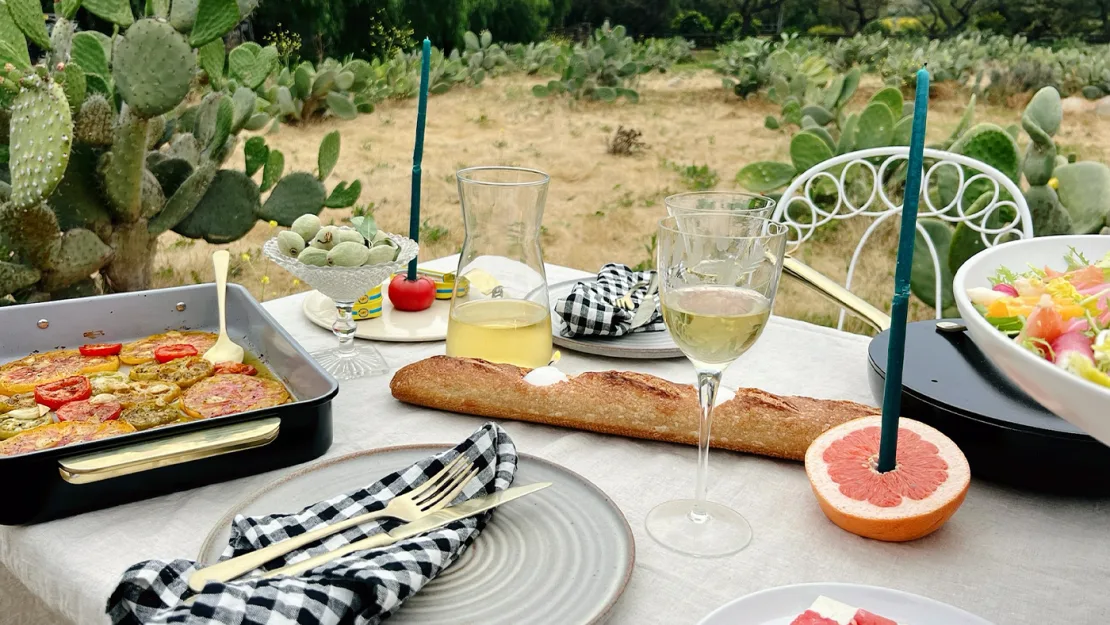You have no items in your cart
Shop our collectionsFree Shipping On Orders $90+
Free Returns
30-Day Trial
Home & Kitchen with Caraway

On Friday, June 19th, America collectively celebrated Juneteenth — a holiday dedicated to the delayed liberation of Black slaves in 1865. For many, this was their first Juneteenth. But for the Black community, the holiday has been celebrated for 155 years. Here's how one Black woman reclaimed Juneteenth through cooking and savoring the ingredients, flavors, and traditions of Black cooking.
Growing up, a midsummer day in June was just that. A time to anticipate a break from studies, plan a vacation, or count down the few weeks left until my birthday. Today, things feel different because they are. As the world experiences collective civil unrest and a fight against racial inequality, truth in this nation’s history continues to unearth.
This year, on the 155th anniversary of Juneteenth, a day that is erased in most classroom textbooks, I found myself discovering the layers behind the holiday. Unlike popular narratives that recount this date as the end of slavery across the United States, it was the day enslaved Texans found out they were free, two and a half years following the Emancipation Proclamation announcement. In the history of this delayed liberation, I took to my kitchen as an opportunity to fill the missing pages of my own Black history and start a new tradition.
The color red--a representation of the bloodshed of the enslaved and the ingredients available to them--peppered throughout my menu. The sweet aroma of homemade strawberry syrup and fruit juices for a Cognac-based cocktail filled the room. My “red drink,” a staple in the Southern Cooking era, paid homage to ancestors who used strawberries, cherries, and watermelon to infuse teas and lemonades commonly found at the Black kitchen table.
Chicken thighs flavored with garlic, sweet paprika, black pepper, and fresh thyme, a nod to my Caribbean culture, sizzled in the saute pan as I finished them with a Jamaican-owned BBQ sauce and the sounds of Bill Withers and Earth, Wind & Fire. Pickled red onion, a symbol of preservation, added a crispy bite in between a bed of spinach and arugula.Whatever the origin of the ingredients, this small feast honors the very first cooks and their menus in America. Because of them, I look to keep Black cooking alive, from my table to yours.
Free Shipping On Orders $90+
Free Returns
30-Day Trial